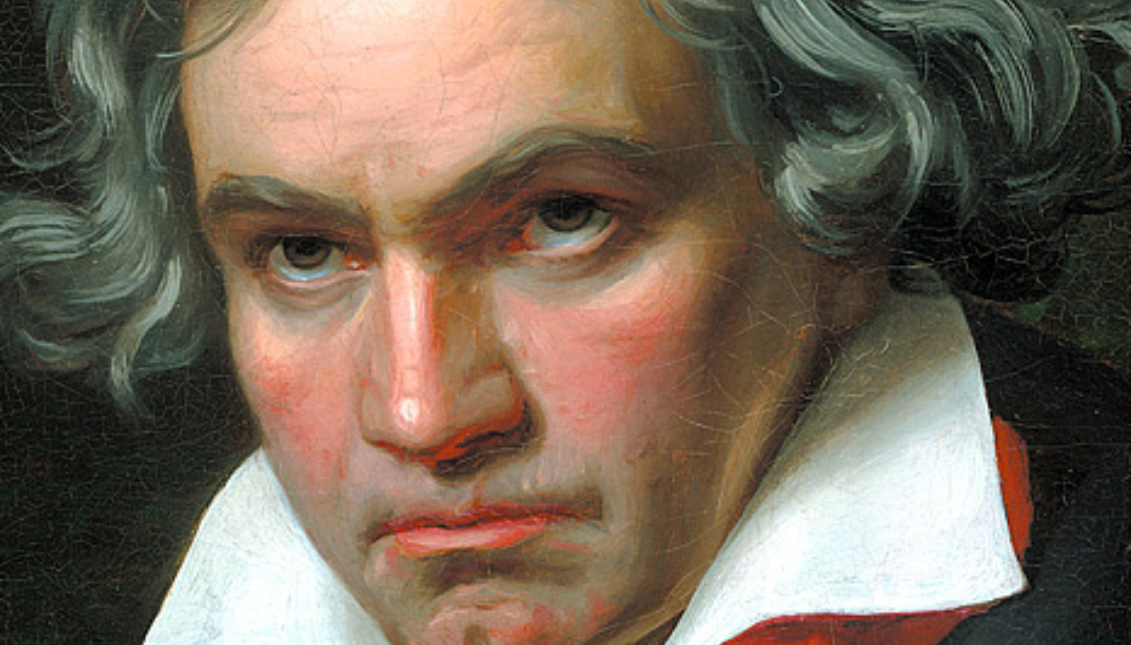
Was Beethoven black?
The social media debate has been reignited by a theory suggesting that Ludwig Van Beethoven was black.
In recent days, the social media have again circulated the idea that the famous German composer, Ludwig Van Beethoven was black.
As proof, images have circulated supposedly of his mask taken at his death in which the face of the musician with a wider nose and thicker lips would be seen. Other features than those usually associated with him.
Although the whole Black Lives Matter movement has renewed interest in this theory, it is not new.
According to Nicholas T. Rinehart, a scholar of black American literature, this idea can be traced, at least until 1915 thanks to Dominique-René de Lerma, a musicologist specializing in African American music, who in several books -Sex and Race (1941-44), World's Greates Men of Color (1946-47) 100 Amazing Facts About the Negro (1934), Five Negro Presidents (1965), and Nature Knows No Color Line (1952) - argued that Beethoven and several major characters in history, such as Jefferson and Goethe, had origins that went back to Africa and were therefore black.
The story of Beethoven's supposed African origin would go something like this: his mother's family would come from Flanders, which was a Spanish colony - hence the word "flamenco" is used in Spanish to refer equally to the dance and the dialect of Dutch spoken in that region of Belgium.
Since the Iberian peninsula was under Arab rule for seven centuries, the Flemish population would also have an African influence and, consequently, Beethoven would be black.
In this order of ideas, we would all be black, since Africa is the birthplace of humanity.
RELATED CONTENT
The most problematic aspect of this theory is not whether one wants to accept that all of humanity has the same origin or not, but that the history of black music does not need to claim any white musicians for itself: black music is already great without the need to count Beethoven in its ranks.
Even claiming him as an Afro, that would not change the way we listen to his works.
More useful would be the exercise of remembering the many black classical composers whose works have been little known and which date back to Beethoven's own time.
Francis Johnson, a Philadelphia composer and violinist who lived from 1792 to 1844, was the first African American to play in public and to participate in racially integrated concerts.Unfortunately, not much of his work survives - some of the piano accompaniments he made for his violin works do. But he is a precedent worth remembering.
Another example, this most recent one, is William Grant Still (1895-1978): part of the Harlem Renaissance movement, Still composed five symphonies and nine operas, including the Afro–American Symphony.
In short, the answer to the title of this article is no. And that's fine.


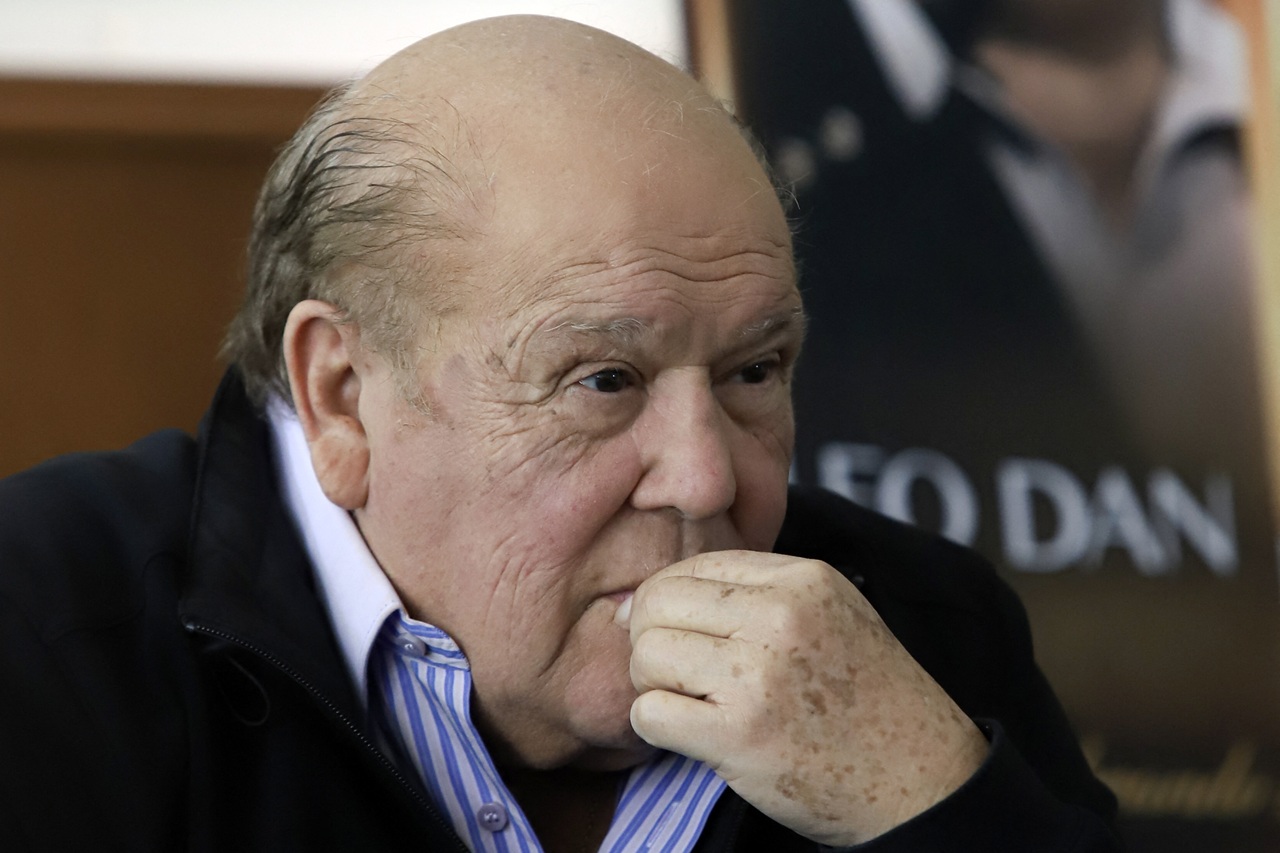
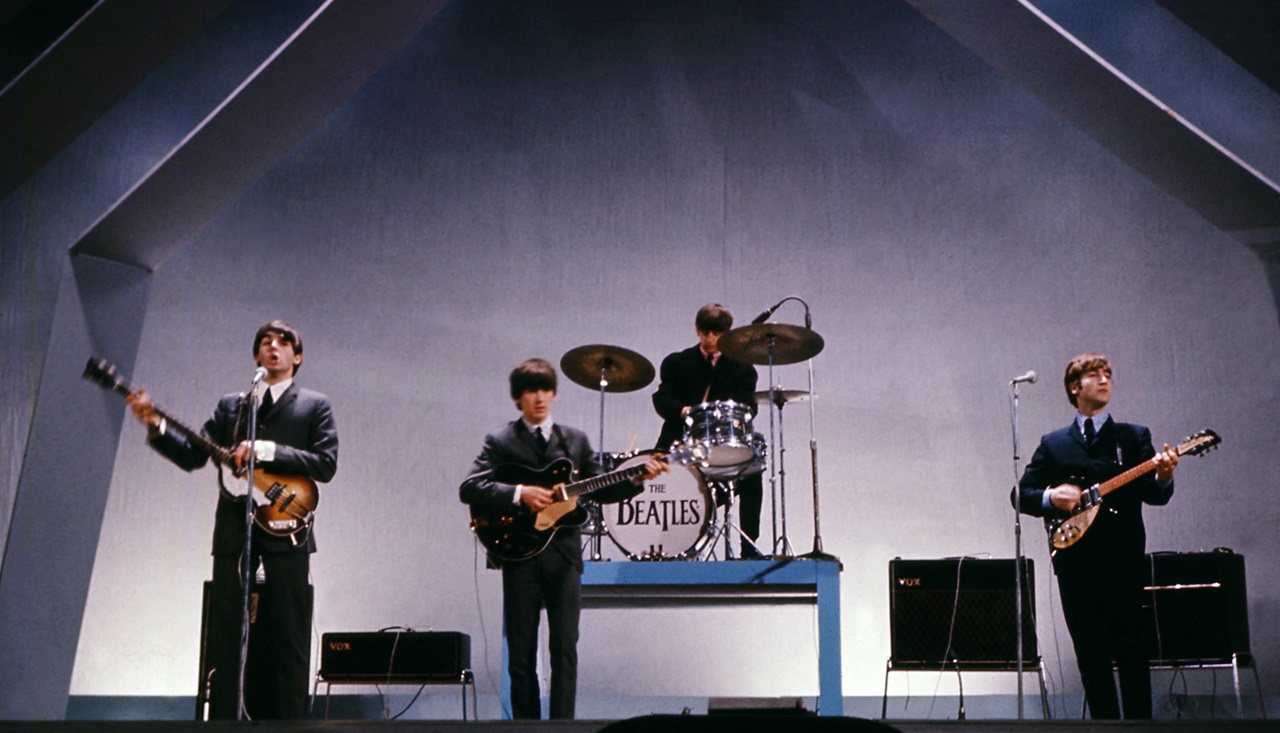

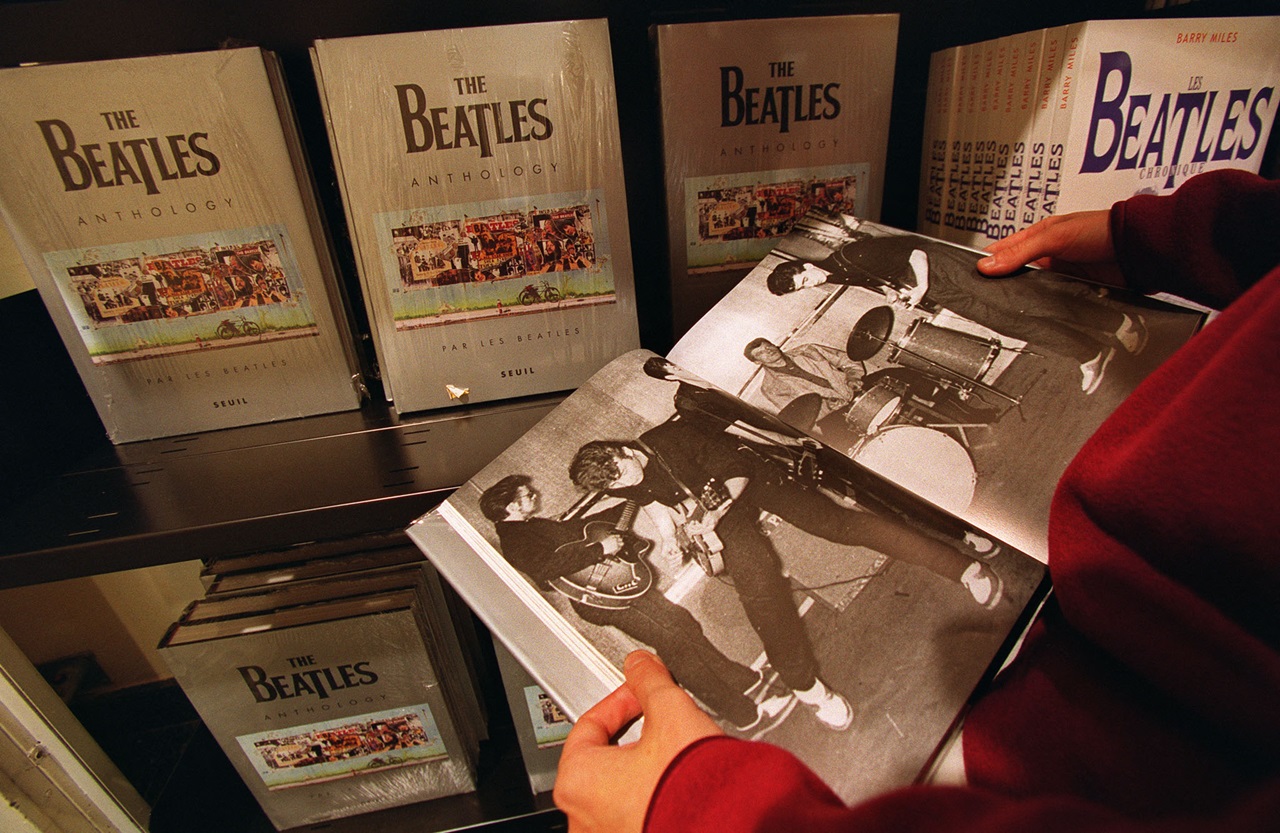


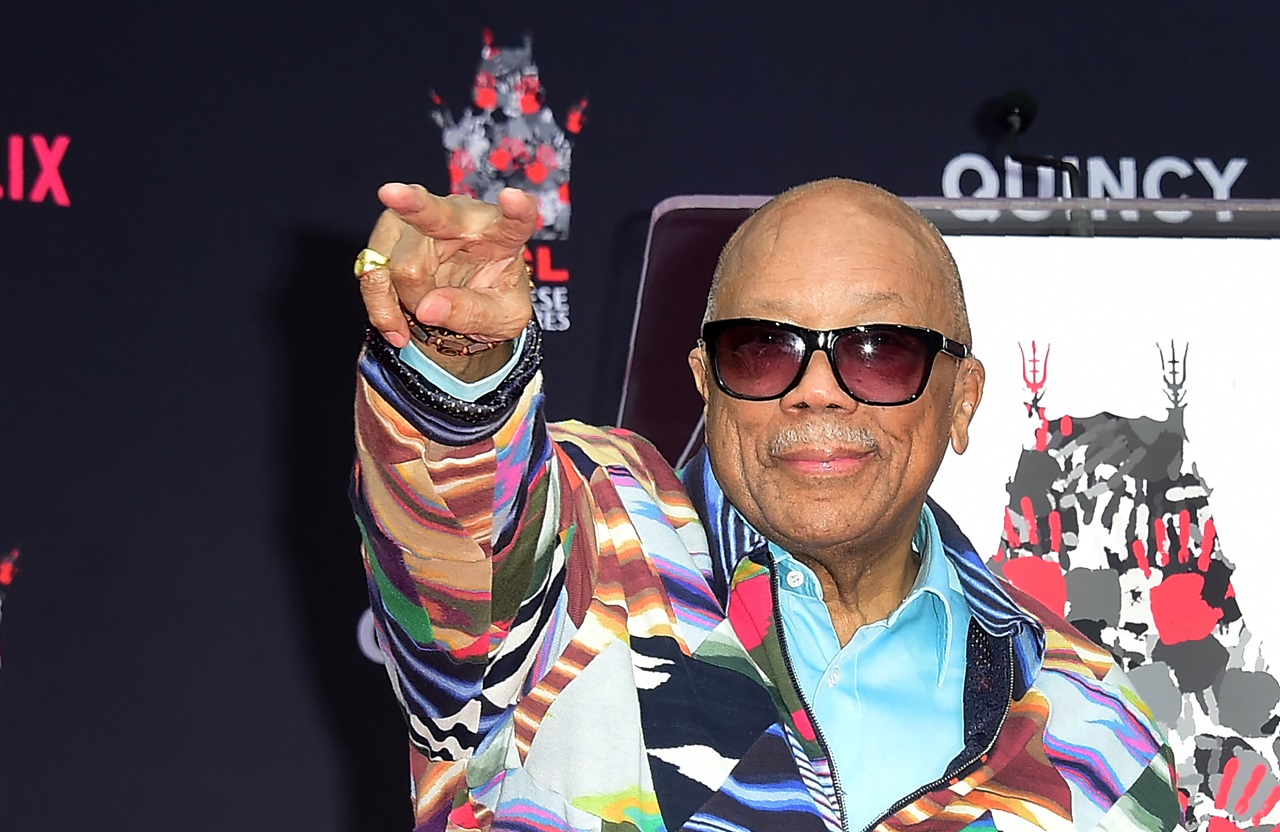


LEAVE A COMMENT:
Join the discussion! Leave a comment.